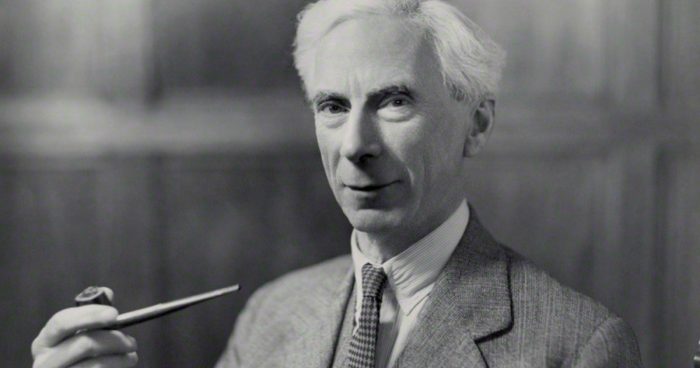You don’t have to get too deep into the study of ethics before you run across the trolley problem. It comes up so readily that it hardly needs an introduction: a runaway train is on course to collide with and kill five people working on the tracks, but you can pull a lever that will switch it to another section of track on which stands only one person. Do you pull it? According to a purely utilitarian interpretation, you should, since one life lost surely beats five lives lost. But faced with the decision, real individuals tend to struggle: not pulling the lever feels like letting five people die, but pulling it feels like murdering one.
What if you could stop the train by pushing one especially large individual off a bridge into the train’s path, stopping it but killing him? Few say, or at least admit, that they would do it. But why not? The Harry Shearer-narrated animation above, a part of BBC Radio 4 and The Open University’s series on the history of ideas, considers what our responses reveal about how we think ethically.
“What the trolley problem examines is whether moral decisions are simply about outcomes, or about the manner in which you achieve them,” says Shearer. “Lots of people say they would switch the points, but they wouldn’t push the man off the bridge. Are they simply inconsistent… or are they on to something?
The TED-Ed video just above, written by educator Eleanor Nelsen, gets deeper into what they might be on to. “The dilemma in its many variations reveals that what we think is right or wrong depends on factors other than a logical weighing of the pros and cons,” says Nelsen. “For example, men are more likely than women to say it’s okay to push the man over the bridge. So are people who watch a comedy clip before doing the thought experiment. And in one virtual reality study, people were more willing to sacrifice men than women.” The study of “Trolleyology,” a subject since Philippa Foot first articulated the problem in 1967, now finds “researchers who study autonomous systems” collaborating with philosophers “to address the complex problem of programming ethics into machines.” Alternatively, of course, they could just put the question to the nearest two-year-old.
Related Content:
48 Animated Videos Explain the History of Ideas: From Aristotle to Sartre
Oxford’s Free Course A Romp Through Ethics for Complete Beginners Will Teach You Right from Wrong
Watch a 2‑Year-Old Solve Philosophy’s Famous Ethical “Trolley Problem” (It Doesn’t End Well)
Based in Seoul, Colin Marshall writes and broadcasts on cities, language, and culture. His projects include the book The Stateless City: a Walk through 21st-Century Los Angeles and the video series The City in Cinema. Follow him on Twitter at @colinmarshall or on Facebook.


